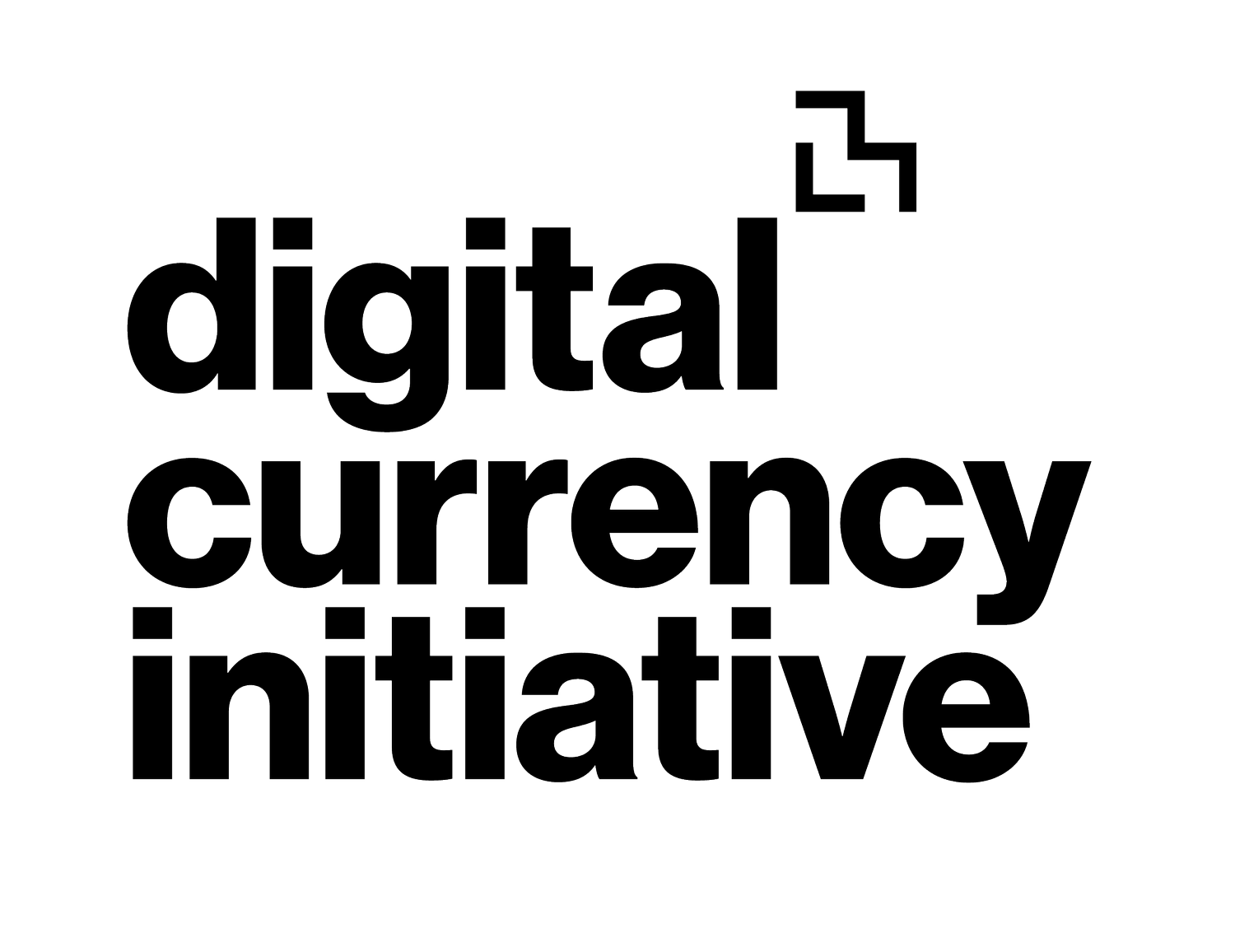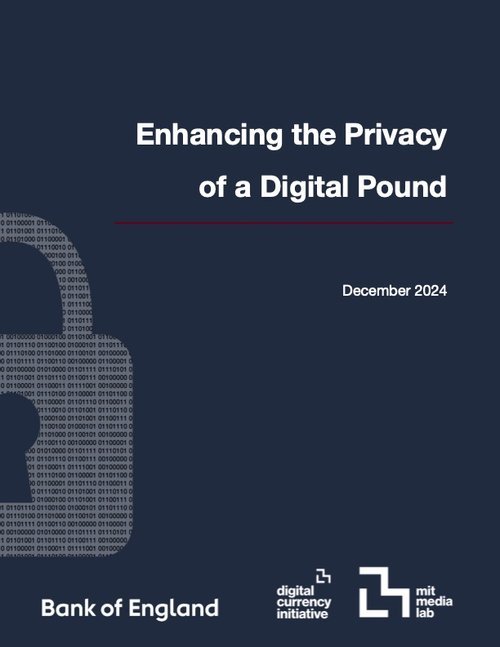Enhancing the Privacy of a Digital Pound with Bank of England
Abstract:
With the increase in electronic payments options, privacy considerations are becoming even more important and privacy concerns more prevalent. The Bank of England and HM Treasury’s 2023 Consultation Paper on the digital pound made clear that rigorous standards of privacy would be fundamental to trust and confidence in a digital pound and that measures would be put in place to ensure the public has confidence in using any digital pound, were one to eventually be launched.
Accordingly, and acting on feedback from the digital pound consultation where respondents emphasized their concerns around privacy, the Bank of England and HM Treasury committed to a range of measures that would govern a digital pound if the decision were made to launch it. The Bank of England and HM Treasury’s Consultation Response stated that the Bank and the U.K. government would not have access to users’ personal data, and legislation introduced by the U.K. government for a digital pound would guarantee users’ privacy. In addition, the Bank of England committed to exploring technological options that would prevent the Bank from accessing any personal data through the Bank’s core infrastructure.
The Bank of England and Massachusetts Institute of Technology Digital Currency Initiative have, over the past year, studied the possible application of privacy-enhancing technologies (PETs) to a potential digital pound, with the specific aim of identifying the potential technical challenges, trade-offs, opportunities and risks of using emerging types of PETs to support privacy. This research showed that emerging types of PETs, like pseudonymization, zero-knowledge proofs, and secure multiparty computing, might feasibly be applied to digital currency systems such as the digital pound to minimize the sharing of data both with the central bank and between payment intermediaries, giving users greater control over their data and enhancing user privacy. This presents opportunities for a digital pound to be at least as private as current forms of digital money and potentially even more private, although as with any technology, there are limitations to what emerging types of PETs can achieve. Tensions may also emerge between regulations that require the disclosure of data and the latitude to deploy PETs that need to be addressed. Future technology research is likewise necessary to understand evolving risks associated with various technical limitations and potential regulatory constraints to the application of PETs.
In November 2024, the U.K. government published its National Payments Vision, which confirmed the government’s intention to continue the design phase for the digital pound, in partnership with the Bank of England. The National Payments Vision set out that the design of a digital pound will maintain users’ privacy and control over their money, and that any future decision to proceed with a digital pound would be accompanied by legislation that would guarantee this.
This paper aims to inform public dialogue on a digital pound, and other central bank digital currencies, and encourage further research and dialogue particularly on the application of established and emerging technology options to enhance privacy. As the economy continues to digitize, our research is intended to contribute to discussions on digital currency technologies, helping to ensure that key democratic principles such as accountability, transparency, and privacy are considered in the design of future digital currency.
See the announcement here for the collaboration between the MIT Digital Currency Initiative and the Bank of England.
Authors:
Gabriela Torres Vives, MIT Digital Currency Initiative
Dr. Madars Virza, MIT Digital Currency Initiative
Reuben Youngblom, MIT Digital Currency Initiative
F. Christopher Calabia, CAMS, MIT Digital Currency Initiative
Nick Vaughan, Bank of England
Zaki Said, Bank of England
Cinoj Mundakkal, Bank of England
Shantel Mullings, Bank of England
This project is a part of the Future of Financial Infrastructure research track




